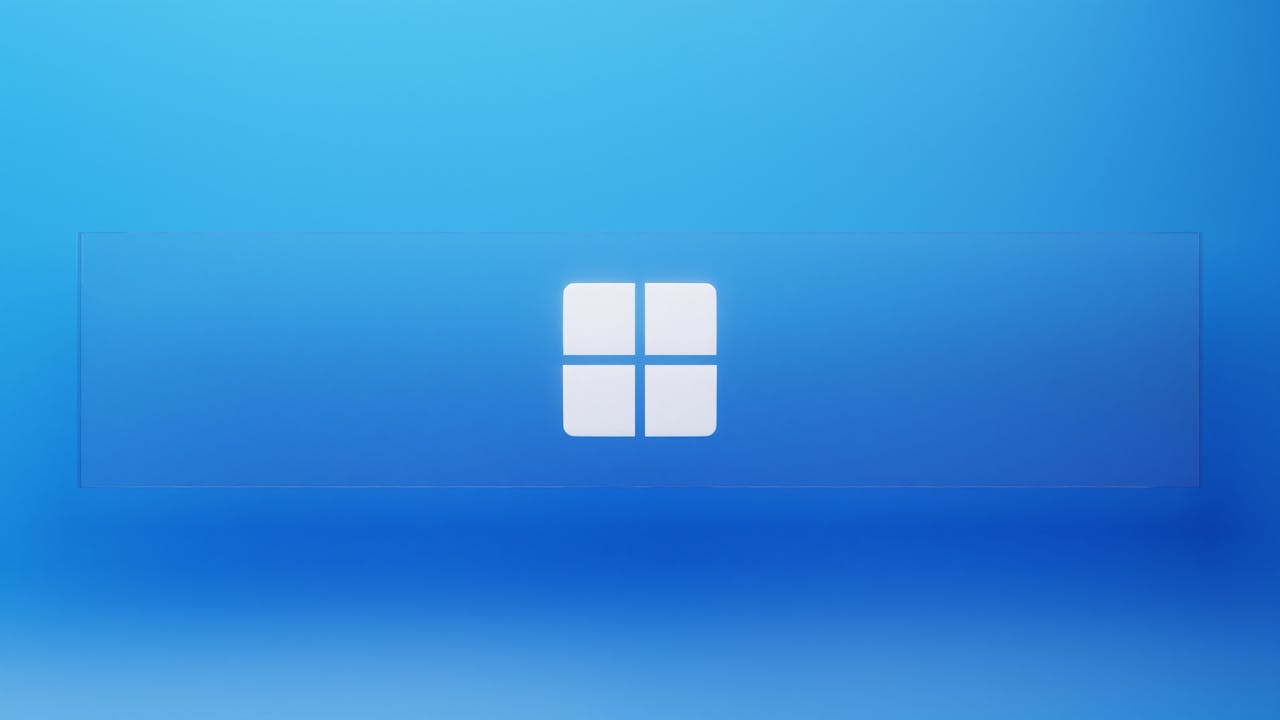As a digital advocate, I’ve always been passionate about empowering individuals to retain their digital rights in a world that often prioritizes centralization. In the realm of writing, I’ve had the pleasure of exploring various tools and apps to help me stay organized and focused. While I’ve dabbled in writing podcast notes, poetry, lyrics, and blogs in various apps, including Google Docs, Microsoft Word, LibreOffice, and Obsidian, I’ve recently discovered a game-changer that has revolutionized my writing experience: novelWriter.
My friend and fellow Linux enthusiast, neigdoig, introduced me to novelWriter, and I’m forever grateful for the tip. In a matter of hours, I set up a project in the app, and my writing life has undergone a significant transformation. With novelWriter, I now have a comprehensive, bird’s eye view of my book, from the grand plot arc to the intricate details of my characters and locations. The app has allowed me to seamlessly organize my thoughts, and I’ve even experimented with multiple scenes in chapters and rewritten an entire chapter, introducing a new character with their own narrative journey.
The features that have won me over are numerous:
- A clean and elegant interface that stays out of the way, using Markdown syntax
- A comprehensive tool for tracking character descriptions, plot lines, and locations
- The ability to experiment with multiple scenes in chapters and revise with ease
- A bird’s eye view of my entire project, allowing me to visualize the larger narrative
If you’re a writer or blogger looking for a powerful, centralized tool to help you stay organized and focused, I highly recommend exploring novelWriter. Your writing life will thank you!
As a sneak peek into Echoes of Freedom, I’m excited to share the following schedule:
- The Great Escape (Published) – A thrilling start to the series
- The Invitation (2024/10/16) – A pivotal moment in the story
- The Enigma (2024/10/23) – A mystery unfolds
- The Hunt for Echo Begins (2024/10/30) – The beginning of a high-stakes adventure
- The Watcher (2024/11/06) – A new character’s journey begins
- Welcome to The Safe House (2024/11/13) – The longest chapter so far
- The Web of Deception (unscheduled) – The plot thickens
- ? (not yet finished) – The story continues to unfold
I encourage you to subscribe to neigdoig’s YouTube channel, where he shares valuable insights, great music and creative tips. Together, let’s empower ourselves and others to maintain control over our digital lives and write with freedom.




